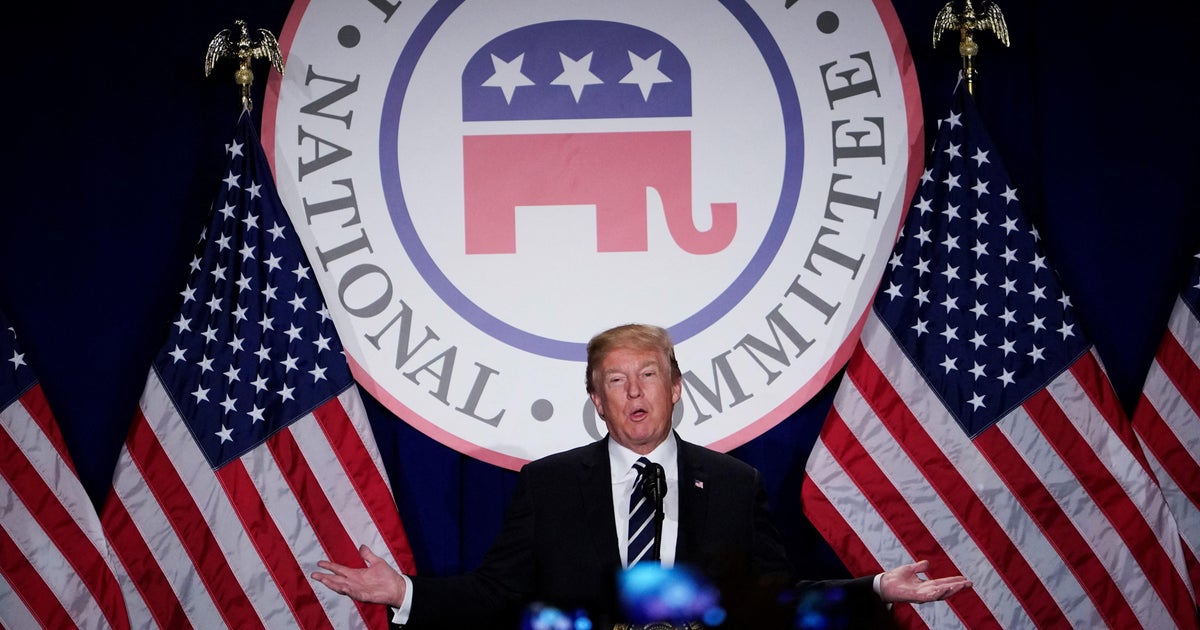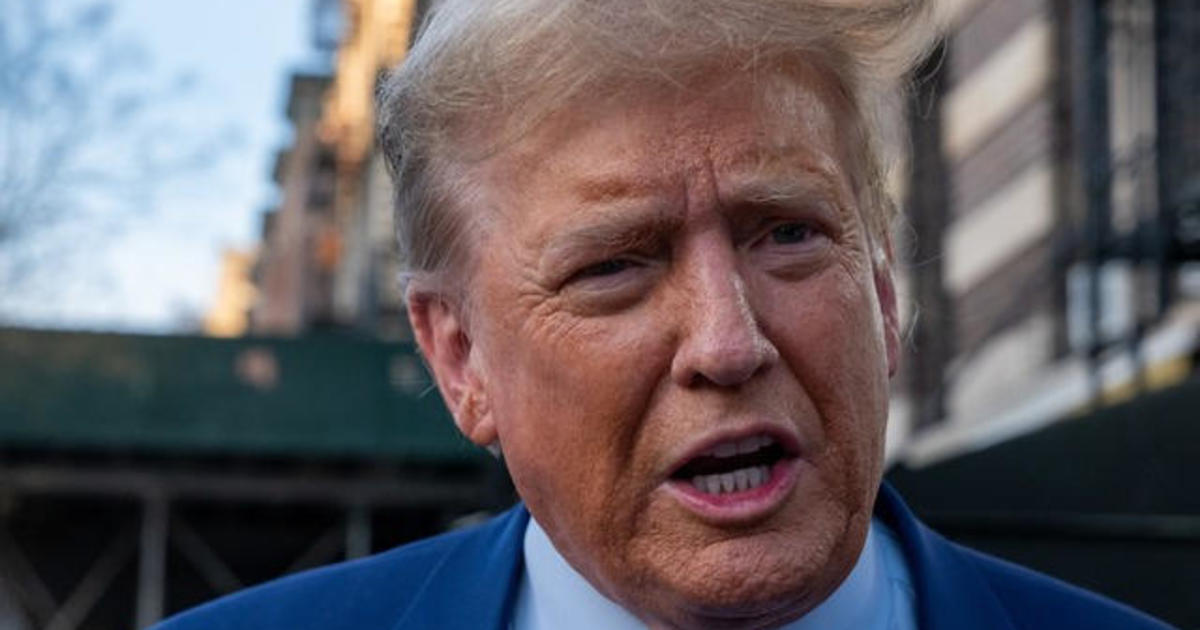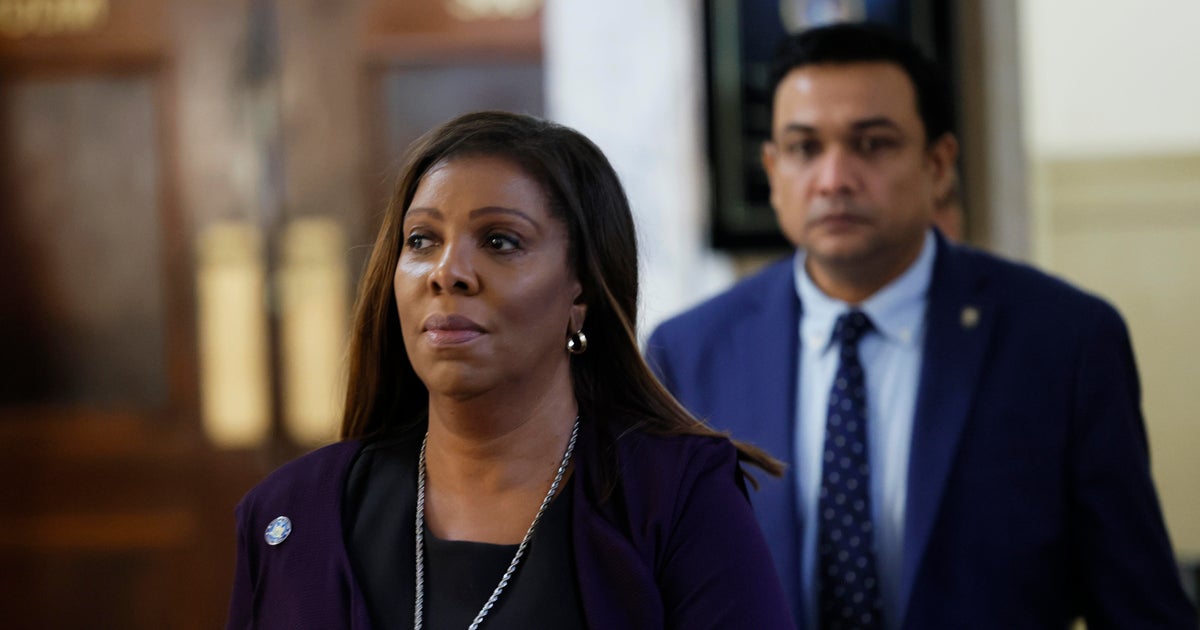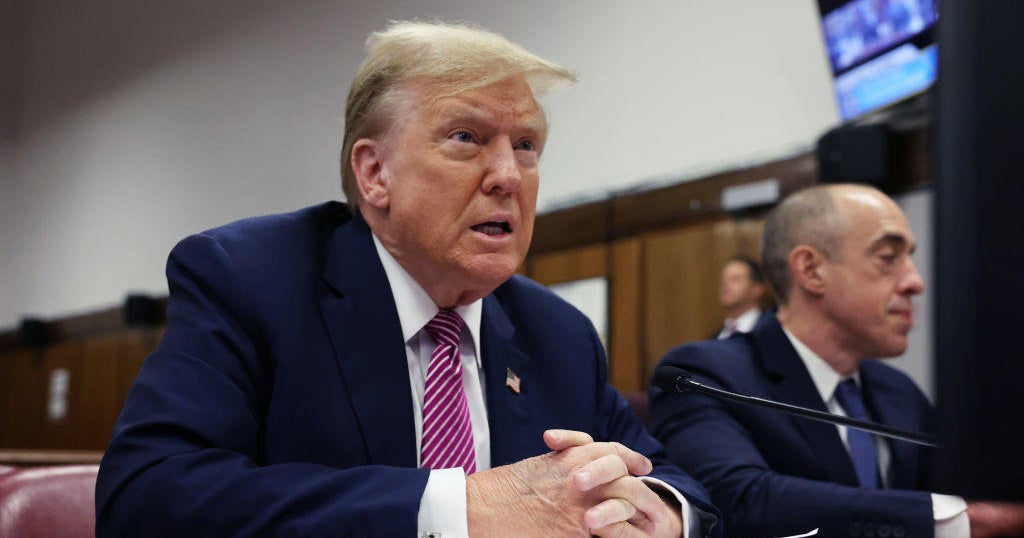Trump says visa halt could open up 500,000 jobs for Americans. Really?
The Trump administration says its suspension of some temporary work visas for foreigners will free up 525,000 jobs for U.S. workers by year-end. But that may not be as easy as it seems.
The country's work visa system has been a frequent target of critics, who argue that it allows companies to hire foreign workers at lower pay than what U.S. employees would expect.
But a range of businesses, especially those in the technology industry, counter that they rely on the visas to hire skilled workers when they're unable to find enough American applicants with the same qualifications.
In explaining his decision, President Donald Trump said Monday that some visa programs "pose an unusual threat to the employment of American workers" due to the high levels of unemployment caused by the coronavirus pandemic. By blocking temporary work visas, the Trump administration wants to push U.S. corporations to hire American.
But what's unclear is whether some companies will be able to find qualified workers within America's workforce, especially in specialized fields that require years of education and training in science, technology, math and engineering, or STEM, fields.
"Further limiting the supply of qualified workers, simply because they are foreign-born, means that businesses looking to fill roles that require these kinds of specialized skills may no longer be able to do so," said Jeremy Robbins, executive director of the New American Economy, a bipartisan research group focused on immigrant affairs.
The result, Robbins added, is that companies may not be able to grow and innovate.
Others chimed in with similar criticisms, including some Republicans, such as Senator Lindsey Graham of South Carolina, who wrote on Twitter that blocking visas to immigrants "will have a chilling effect on our economic recovery at a time we should be doing all we can to restore the economy."
Several guest-worker programs will be halted starting Wednesday and continuing through year end, the administration announced. The visas that will be impacted include:
- H-1B visas, which are popular with tech companies
- H-2B visas for non-agricultural seasonal workers
- Cultural exchange J-1 visas for au pairs and other short-term workers
- Visas for spouses of H-1B and H-2B holders
- L visas for companies to relocate employees to the U.S.
Here are some of the issues that employers and workers are facing.
Is there a shortage of U.S. workers in tech?
Many businesses, especially those in tech, argue that they need to turn to foreign workers to find the best and brightest talent. Many businesses leaders, including the CEOs of Alphabet and Microsoft, criticized Mr. Trump's move to suspend worker visas, noting that immigrants help drive innovation in the U.S.
American students aren't exactly going gangbusters in science in math, with one lawmaker testifying last year in a House Science Committee hearing that U.S. students haven't shown improvements in science or math for a decade.
Even so, there's been growth in the number of college students studying for STEM degrees, with gains for black, Hispanic and women students, according to the National Science Board.
In other words, although average math and science scores aren't improving, STEM fields could be attracting a greater share of high-achieving students — especially in underrepresented groups — than in prior decades.
But that doesn't tell the whole story of whether companies can find qualified workers. Although the U.S. is producing more STEM grads than in the past, there could still be shortages in some fields and types of jobs, the Bureau of Labor Statistics noted in a 2015 study.
In particular, their BLS study found high employer demand for software developers, petroleum engineers and data scientists as well as in skilled trades. That could push some companies to turn to foreign workers to fill seats.
If businesses can't find U.S. workers to fill those roles, they may need to leave the roles empty until they can find someone qualified — hampering economic growth and the recovery, critics say.
What about seasonal workers?
Suspending H-2B visas, which are for seasonal non-agricultural workers like those who work in meatpacking plants, may not have much impact on helping Americans find jobs. That's because regulations had already required employers to recruit jobless Americans for these types of jobs before turning to foreign workers, according to the Cato Institute.
"The plan is supposed to 'save' jobs for U.S. workers," the Cato Institute's David Biers wrote in a blog post last month. "Yet this justification holds no water: Unemployed Americans already reject 100% of jobs for which H‐2Bs are hired."
What about wages and outsourcing?
Some critics have pointed out that hiring foreign workers often allows companies to pay lower salaries, saving them money. It also allows them to tap a workforce that may be fearful of advocating for workplace rights for fear of reprisal, such as failing to have their visas renewed.
To be sure, there's evidence that some Americans workers have been hurt by this process. For instance, some workers have been tapped to train their H-1B replacements hired by outsourcing firms, typically for less than they were earning.
In one case, a tech worker for the University of California, Berkeley, sued after her employer replaced her with outsourced workers.
"We are at a disadvantage as Americans," the employee, Audrey Hatten-Milholin, told the New York Times. "They look at it like, where can we get it cheaper?"



